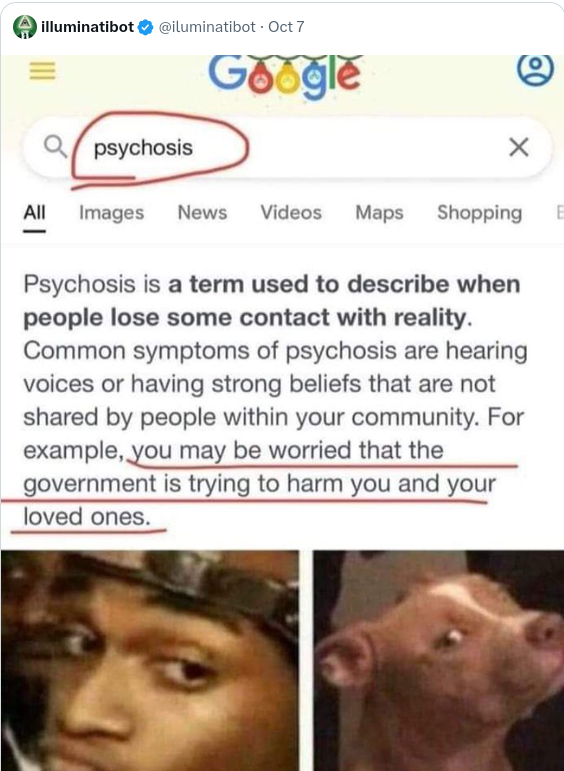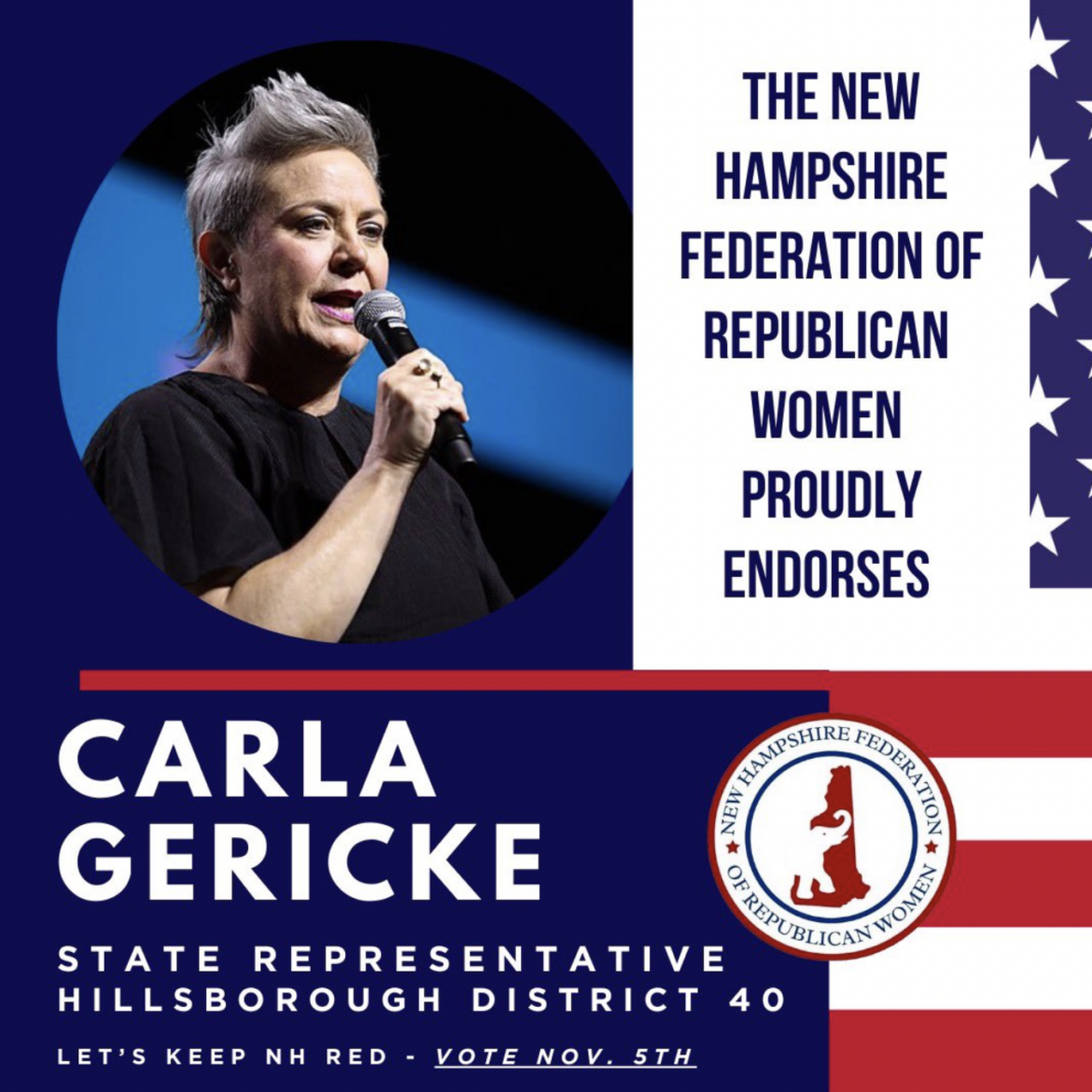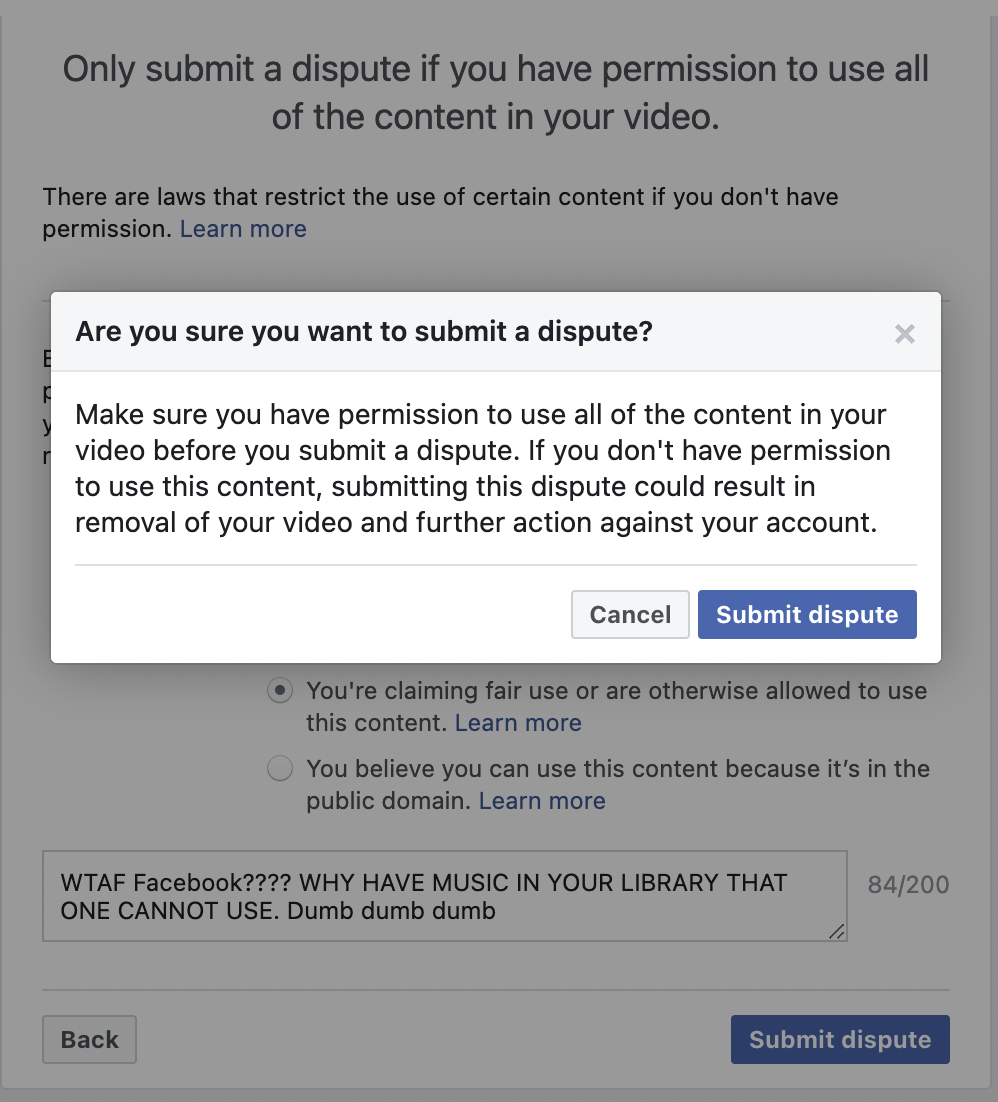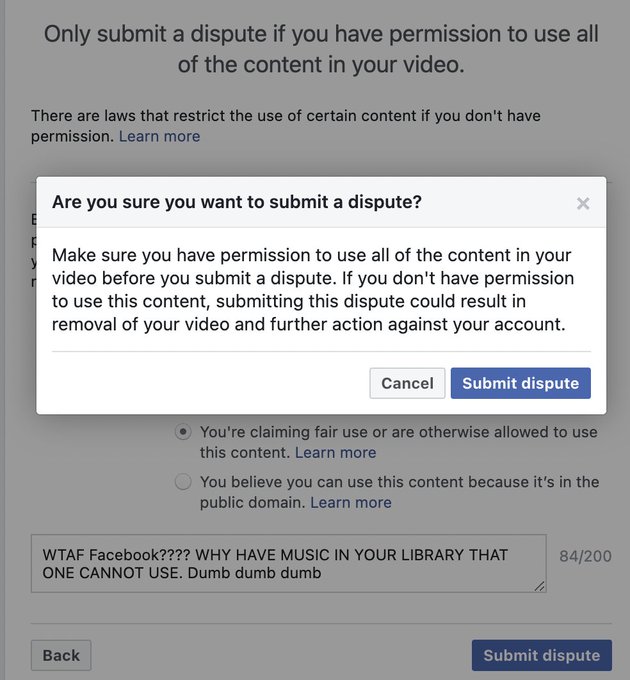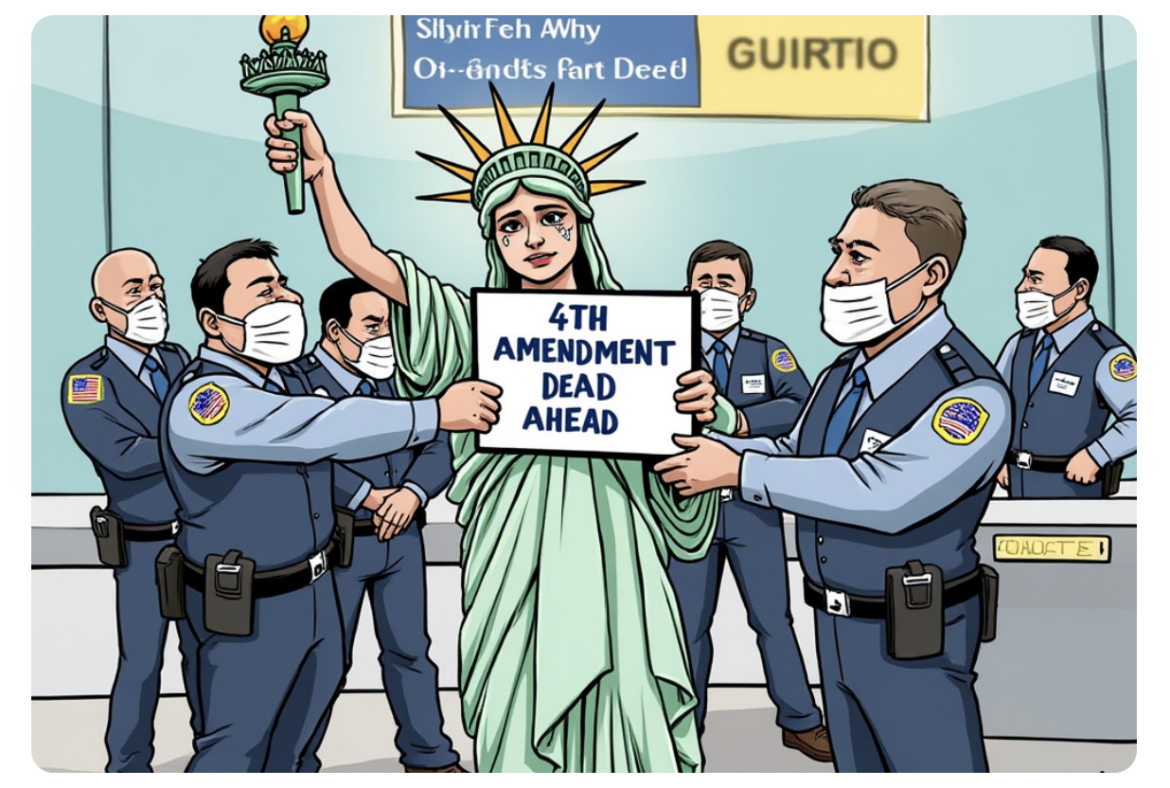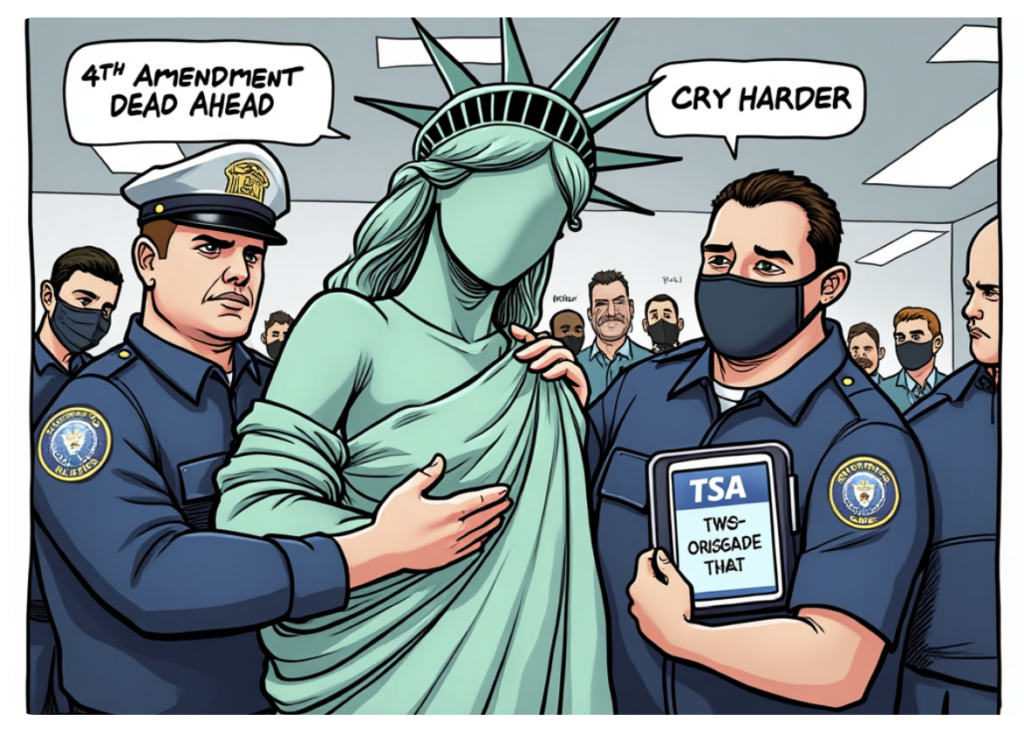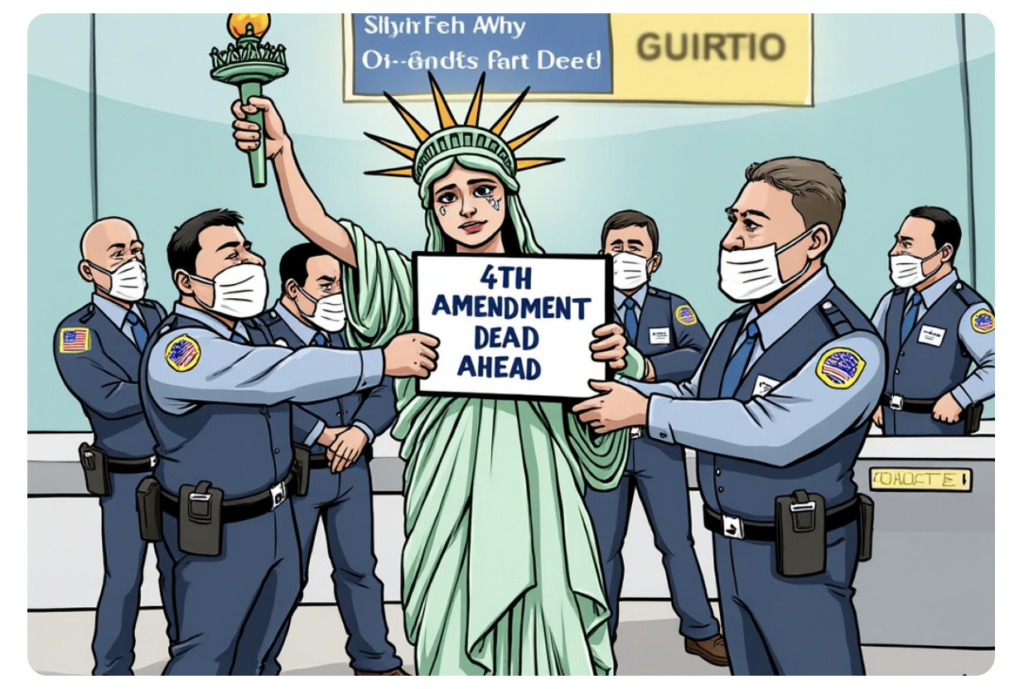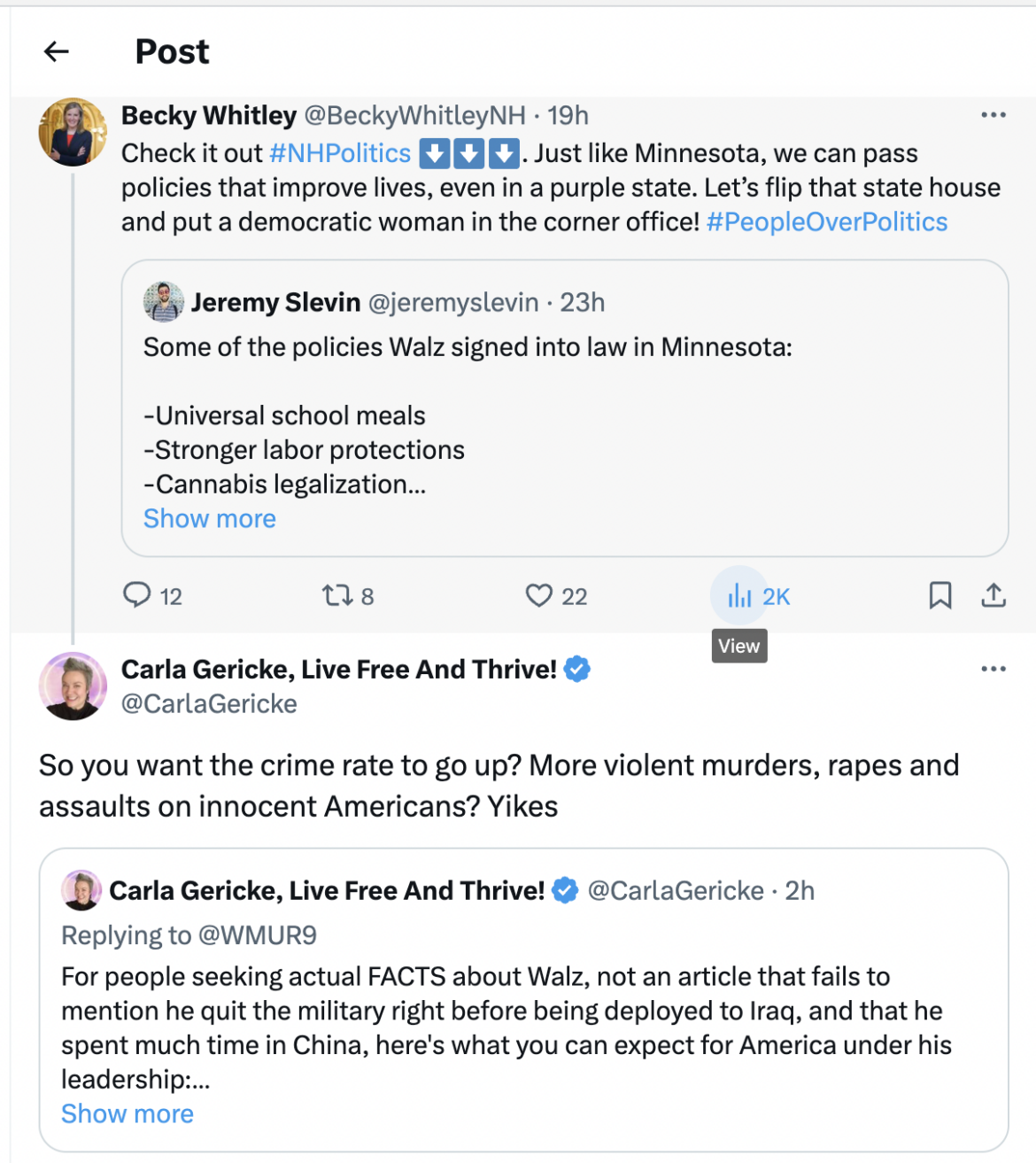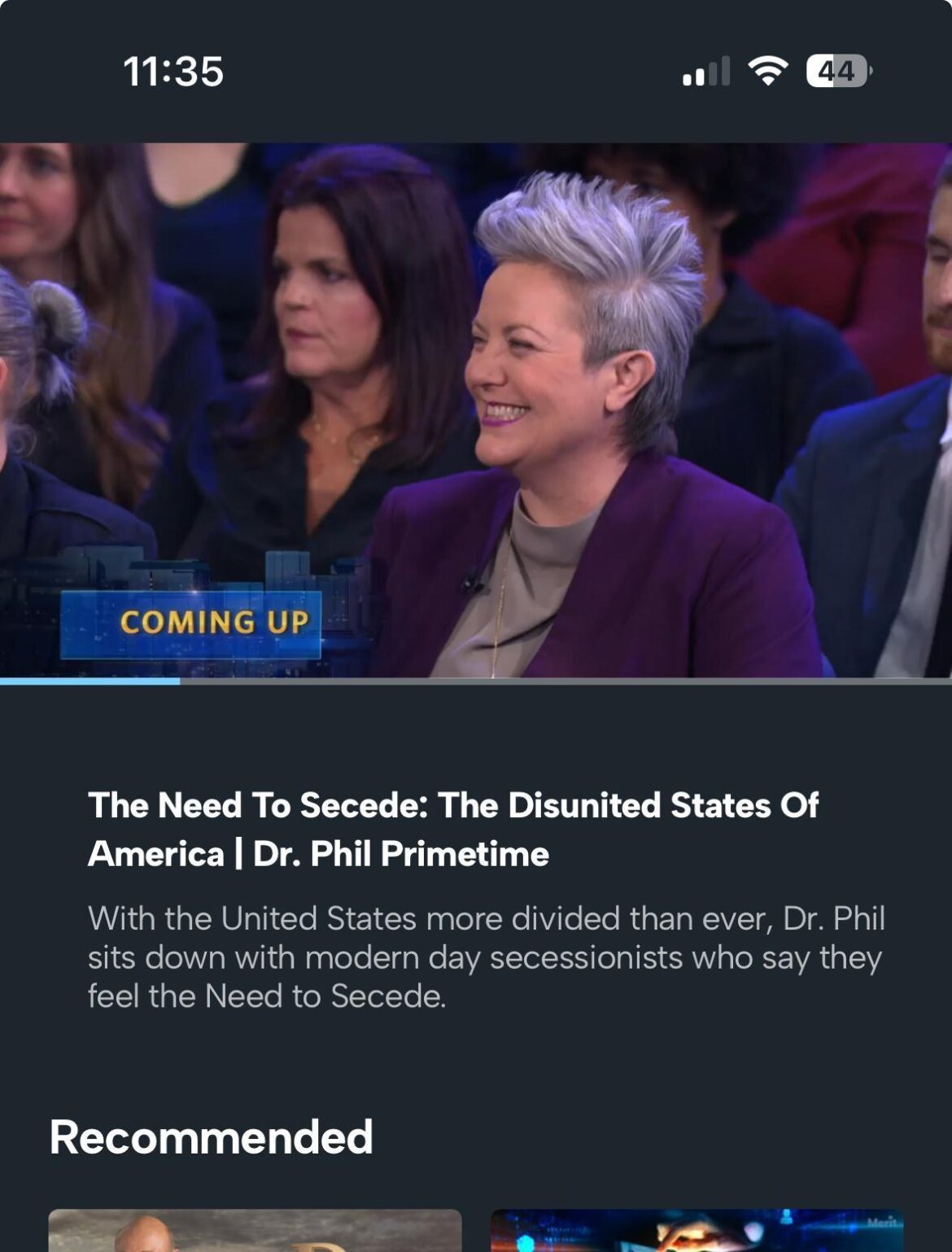During Covidmania, when I watched people play flutes through slits cut in masks, I asked, should we be indulging this hysterical insanity on full display, or nay?
Control Freaks told me one should “go along to get along” (with their public psychosis) for the “greater good.”
This was the moment when I realized what Statism has wrought: What used to be public spaces that belonged to “society”, the “public square”–public spaces–have been taken over by the most fringe elements, and have become legitimate insane asylums. Like LITERALLY, the insane, driven to distraction through manufactured fear, have taken over the streets, turning our neighborhoods into “their asylums”.
They took over our public spaces and regular public discourse, and silenced everyone who pointed out how ridiculous and nuts their response was.
Remember, a person in a lab coat telling you germs don’t work when you’re sitting at a restaurant table but do when you are walking to the loo, is still fucking nuts.
In fact, Mad Scientism, is a historical trope for a reason. It would behoove us to remember that.
During Covidmania, when I watched people play flutes through slits cut in masks, I asked, should we be indulging this hysterical insanity on full display, or nay?
— Carla Gericke, Live Free And Thrive! (@CarlaGericke) October 7, 2024
Control Freaks told me one should "go along to get along" (with their public psychosis) for the "greater good."… https://t.co/A3byITGWxp
